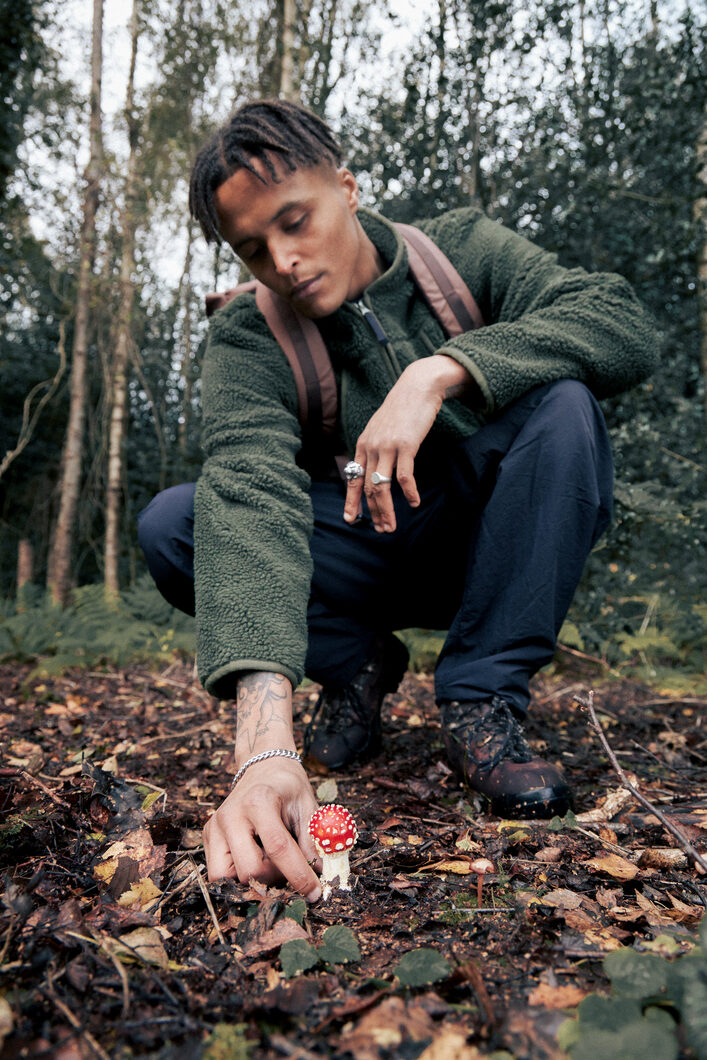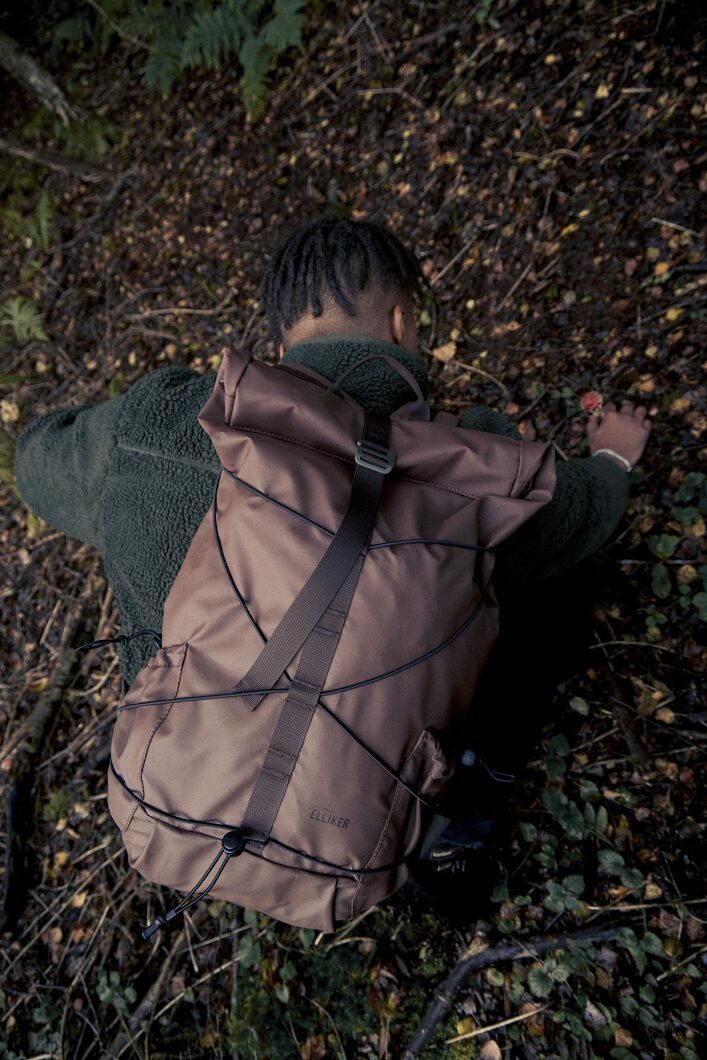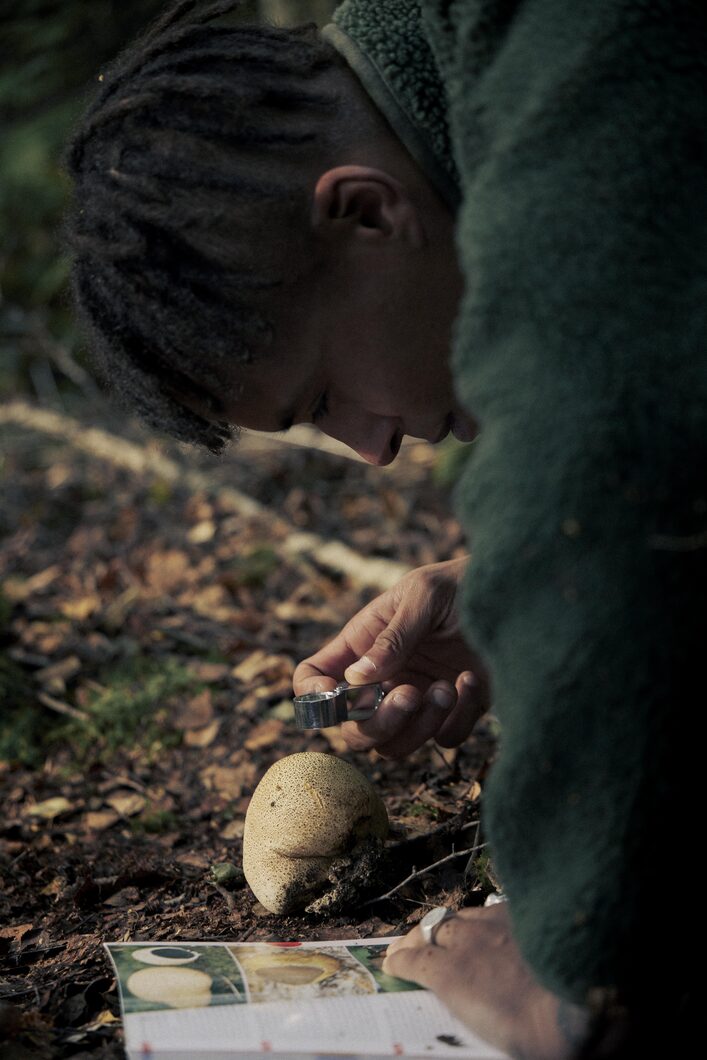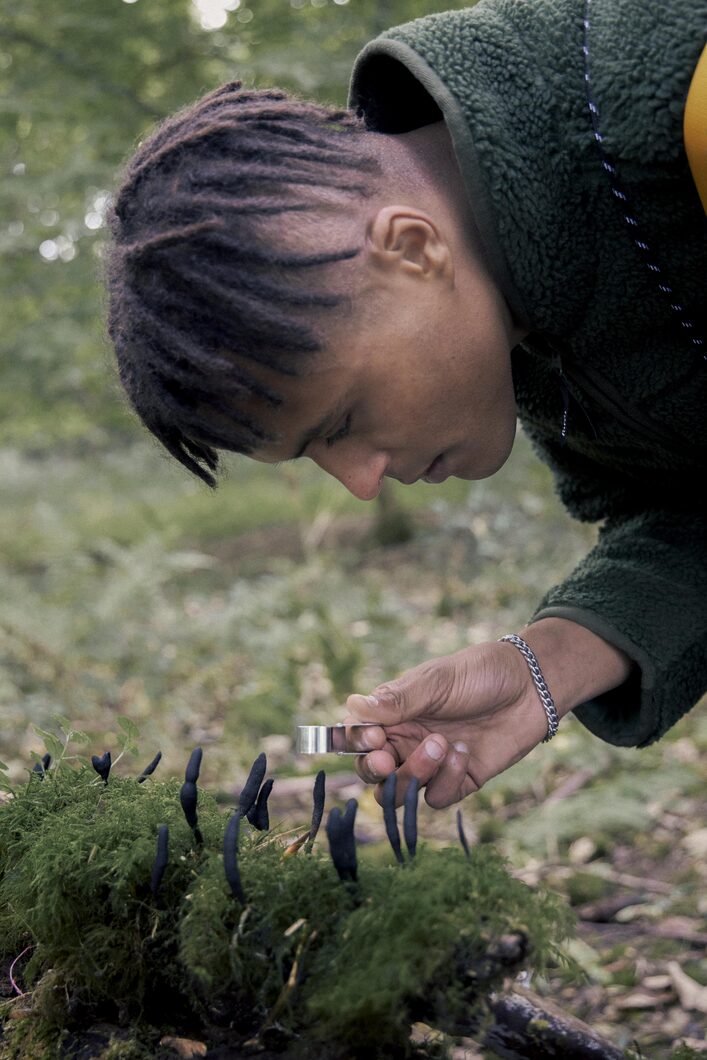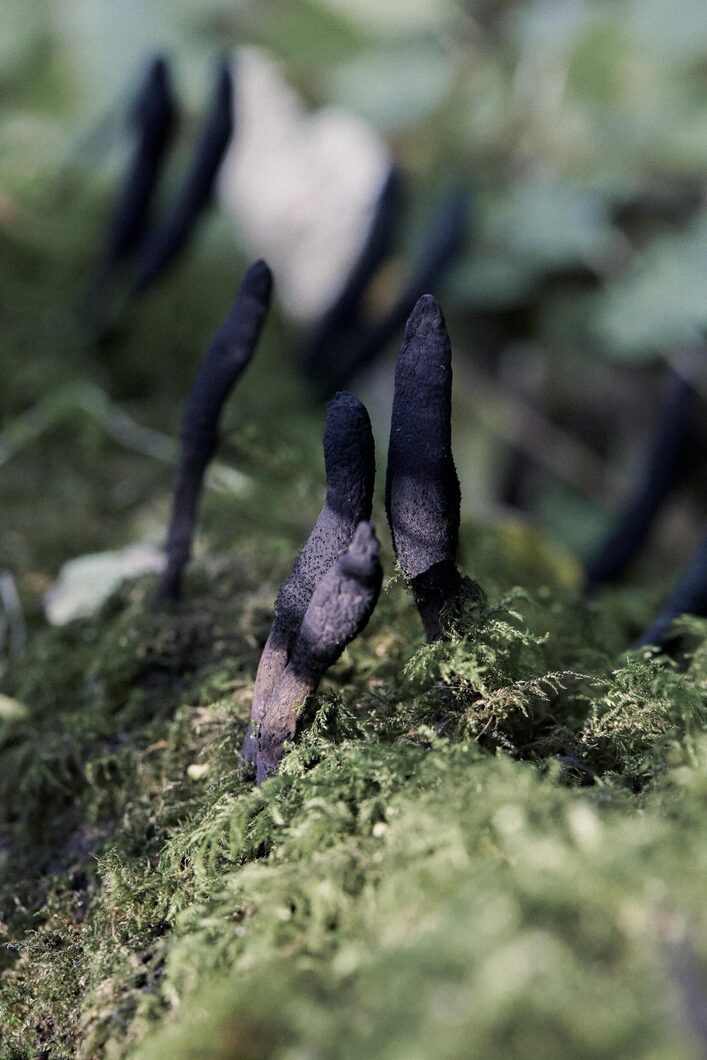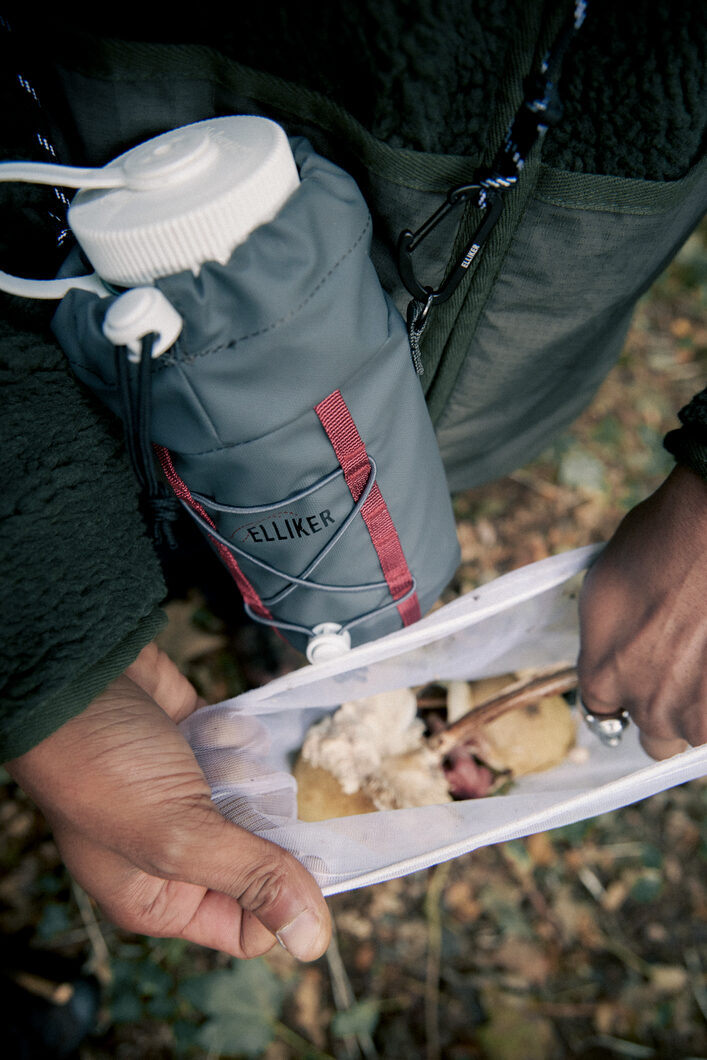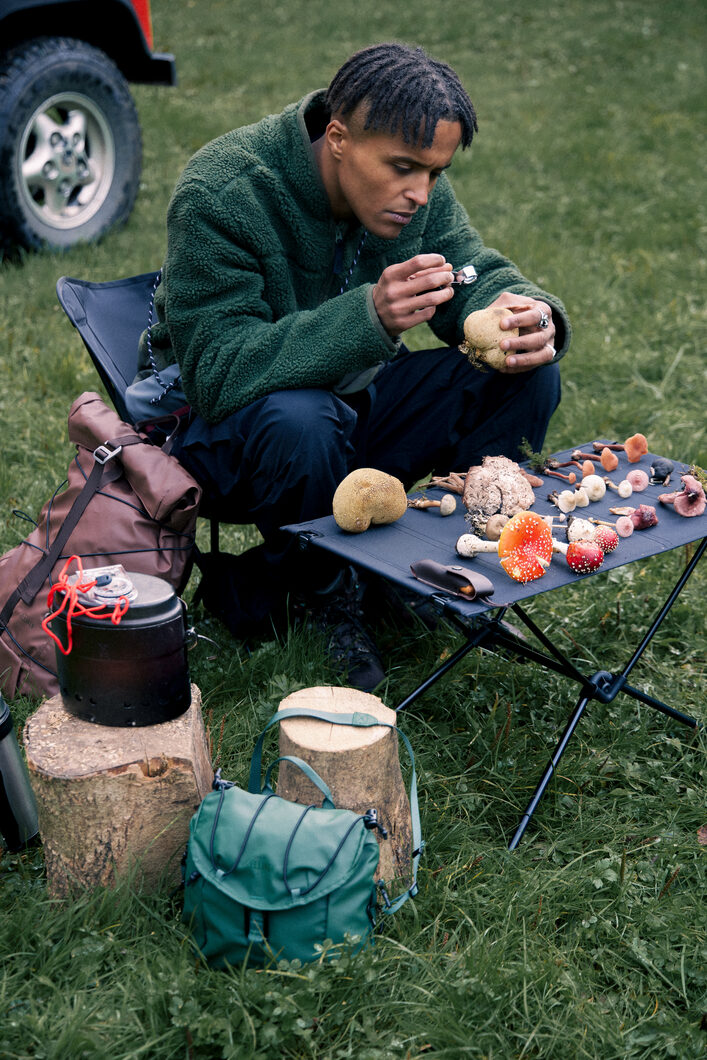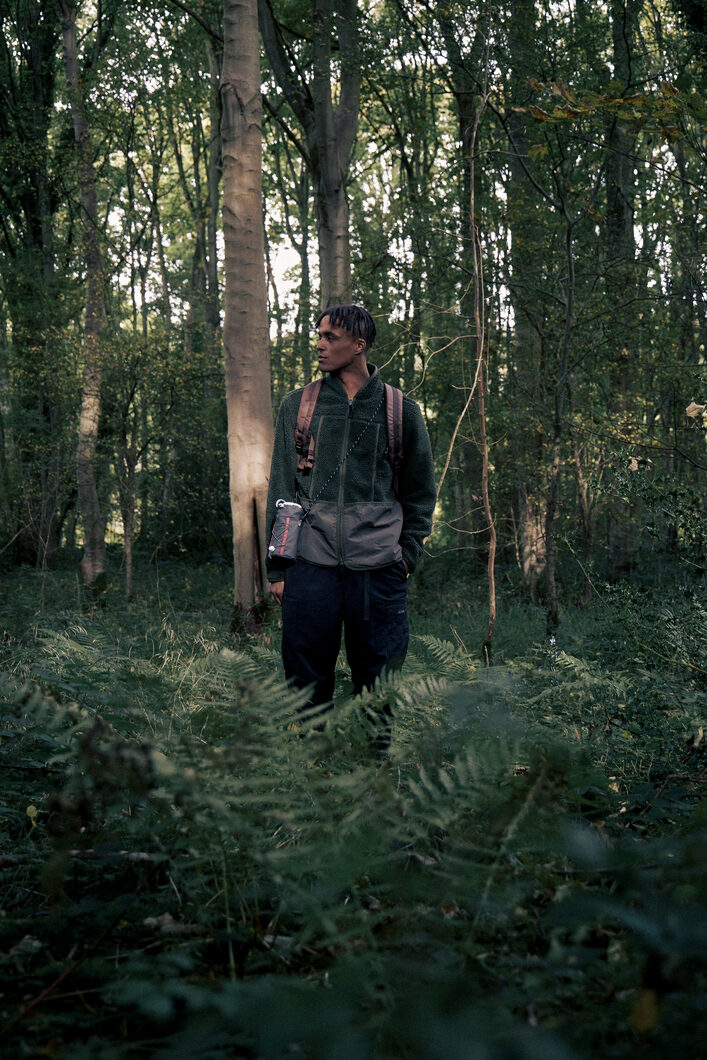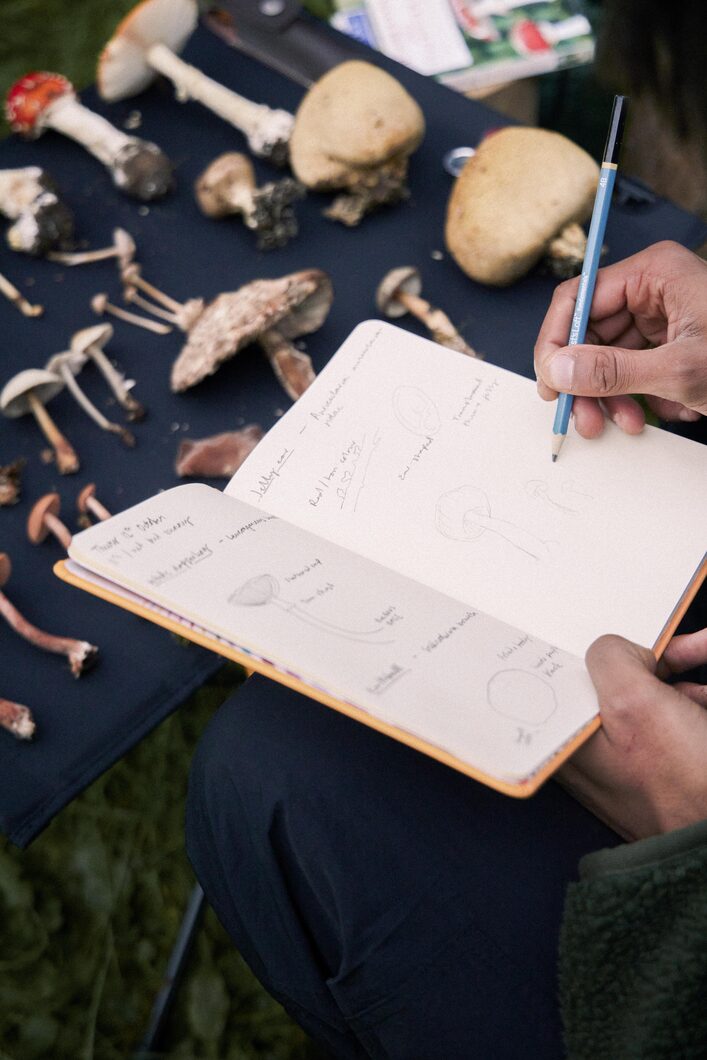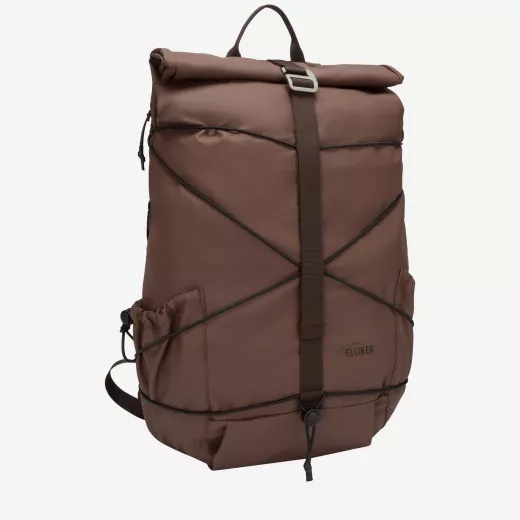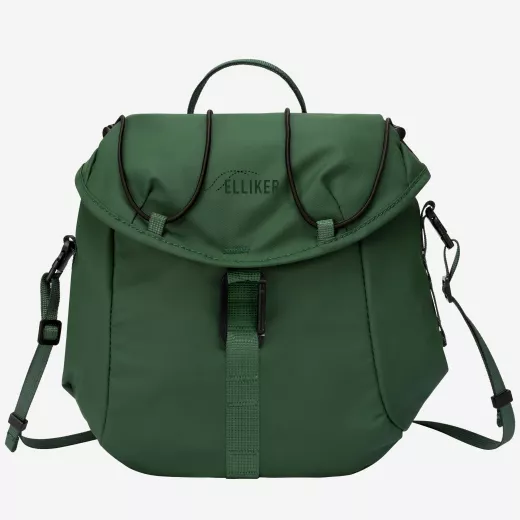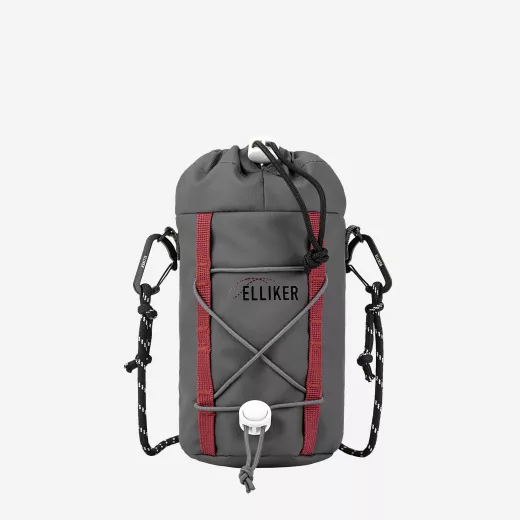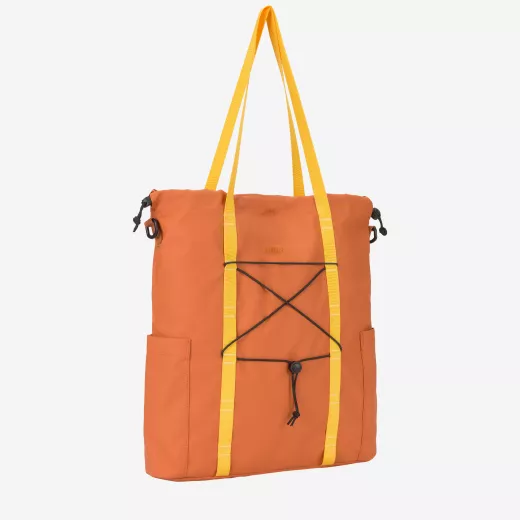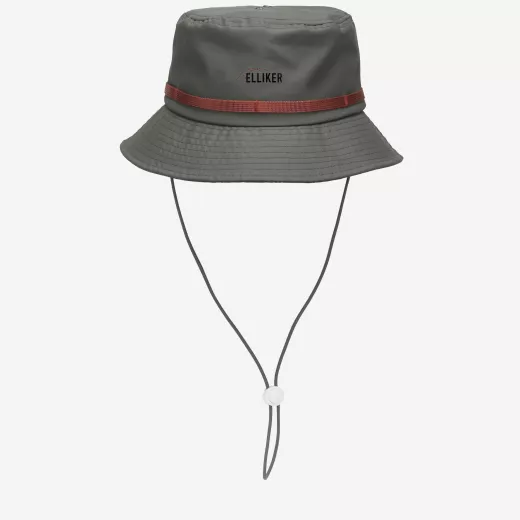Mushroom Identification
Getting Into Nature

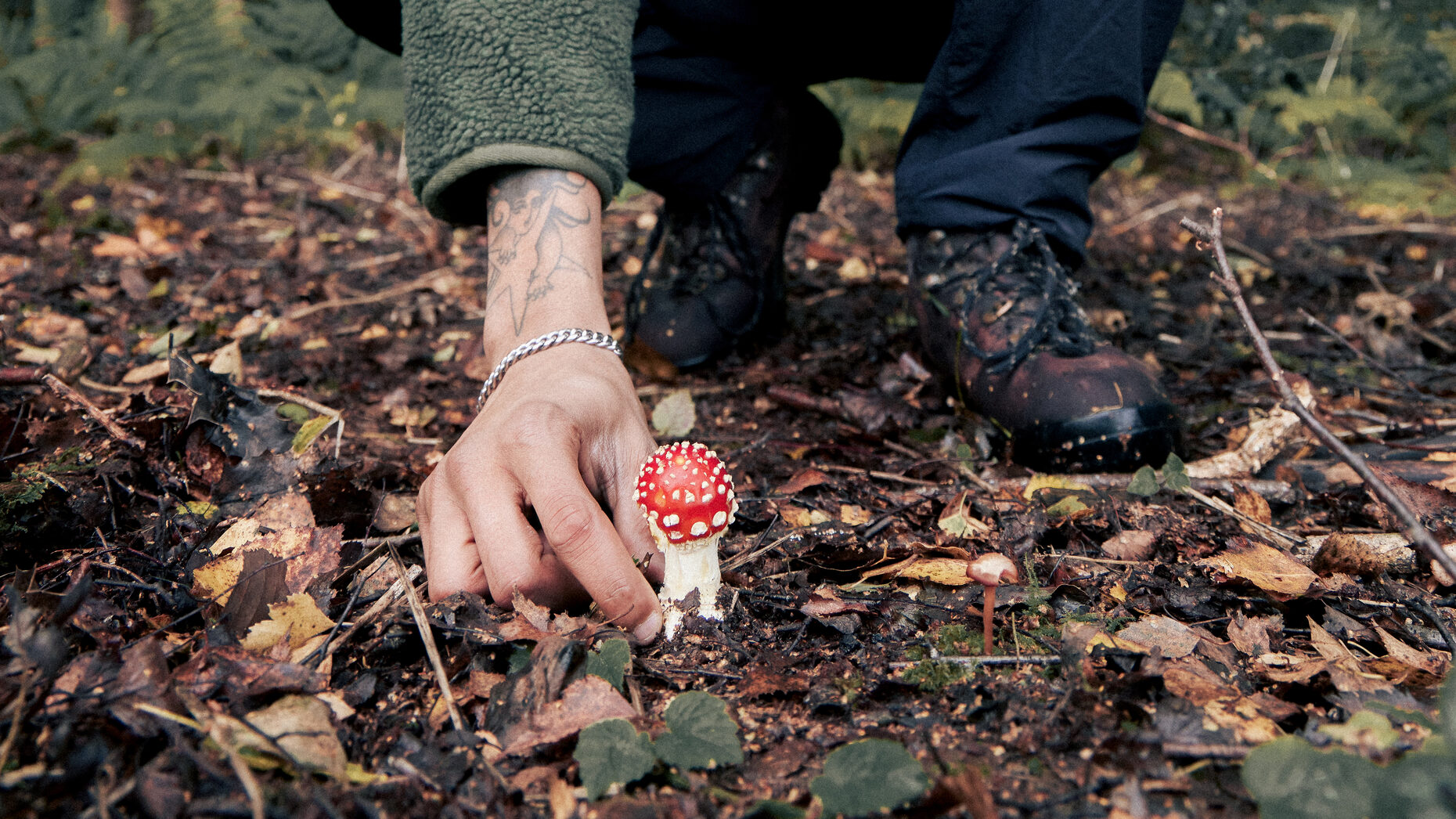
As we move into Autumn, our woodland floors become abundant in the fruiting bodies of fungus - mushrooms.
From the end of September, late into November, you can see a variety of species in our local woodland in East Keswick and working with the Wildlife Trust, we surveyed and identified the species which grow there.
Every organism in the forest has an important role in the forest ecosystem, one of the most important organisms in this ecosystem are fungi. Often unnoticeable or underestimated, mushrooms and other fungi are one of the richest groups of organisms across the world and possibly one of the hardest to identify.
Mushrooms are the most famous of the fungi family and their fruiting bodies vary in colours, shapes and sizes. The fruiting bodies of mushrooms have one sole purpose - to produce large amounts of spores to spread throughout the forest floor; these spores and their colouring can be used to identify mushrooms and fungi.
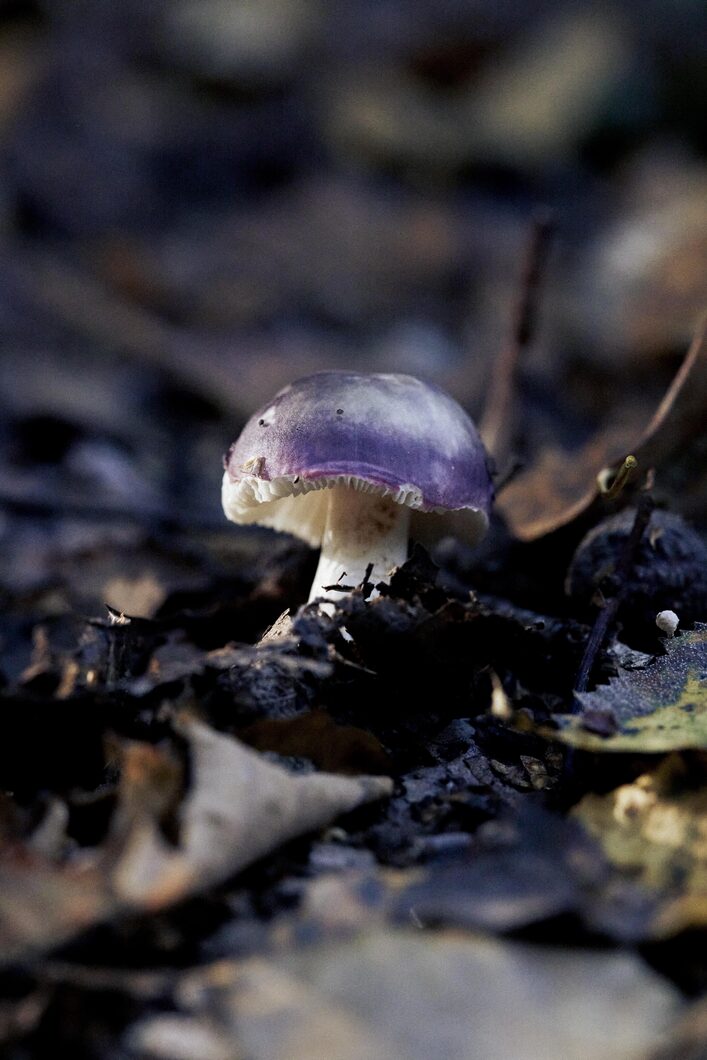
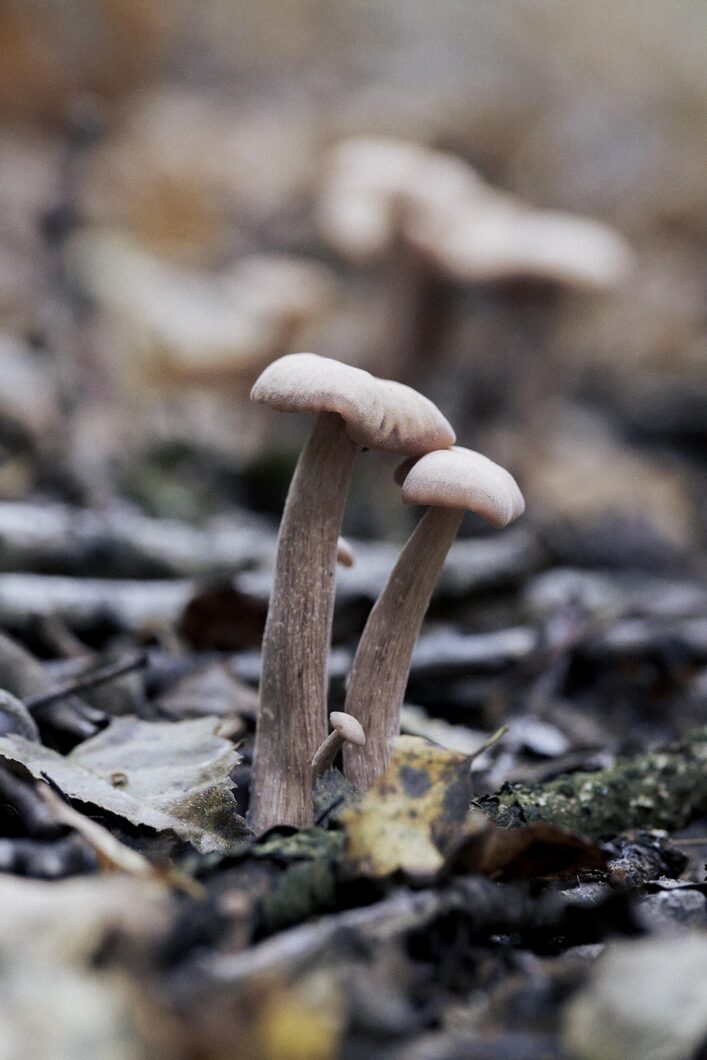
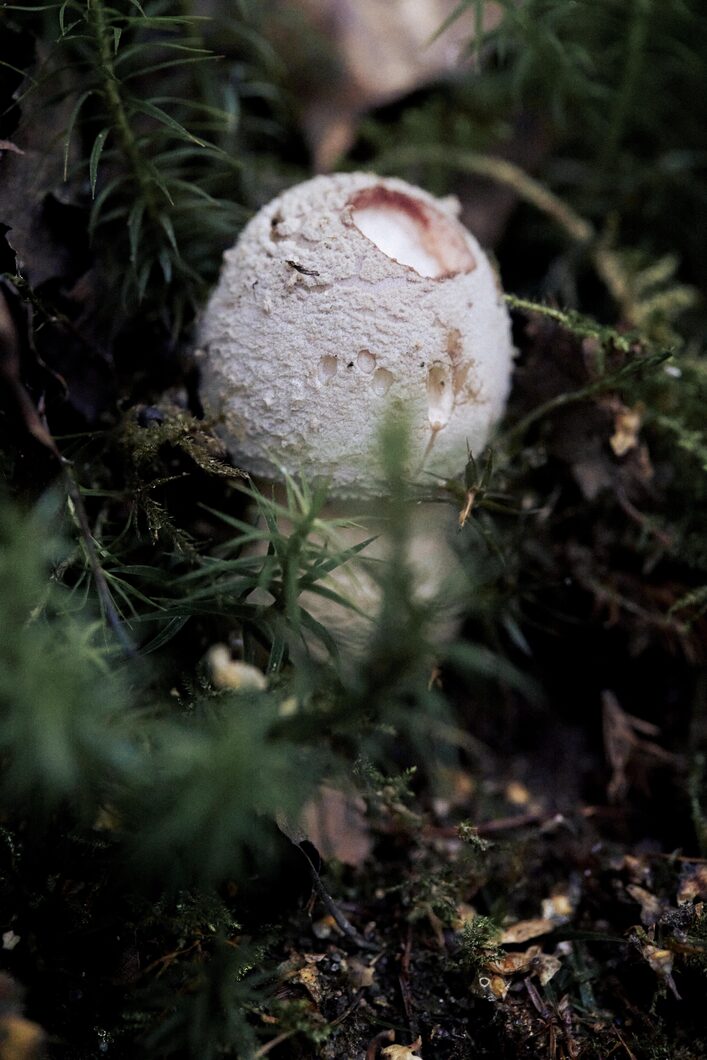
The mycelium of fungi is a mass of branching, root-like threads which can range in size from microscopic to larger than a football field. These threads work much like the human brain, sending electrical signals to the fruiting bodies of mushrooms which can convey information or warn of danger.
Mushrooms and their mycelium play a vital role in the breakdown of forest litter amongst many other organisms, they gain nutrients by feeding on and attacking many organisms including plants and produce oxygen, carbon dioxide, phosphorus and nitrogen in their place, making them excellent recyclers.
Identifying mushrooms has become a fine art, even with the advancement of methods of identification. With evidence as far back as the middle ages and Victorian times, it has been developed to microscopic examination and to a molecular level. It is never recommended to taste or smell mushrooms as a form of identification as this carries hazards due to poisons and allergens.
For us, getting into nature is about so much more than just going outside. We want to study it and immerse ourselves in it fully. Fungi are all around us and when spending time in nature, if you look hard enough, you’ll see so much more than just what’s found on the surface level.
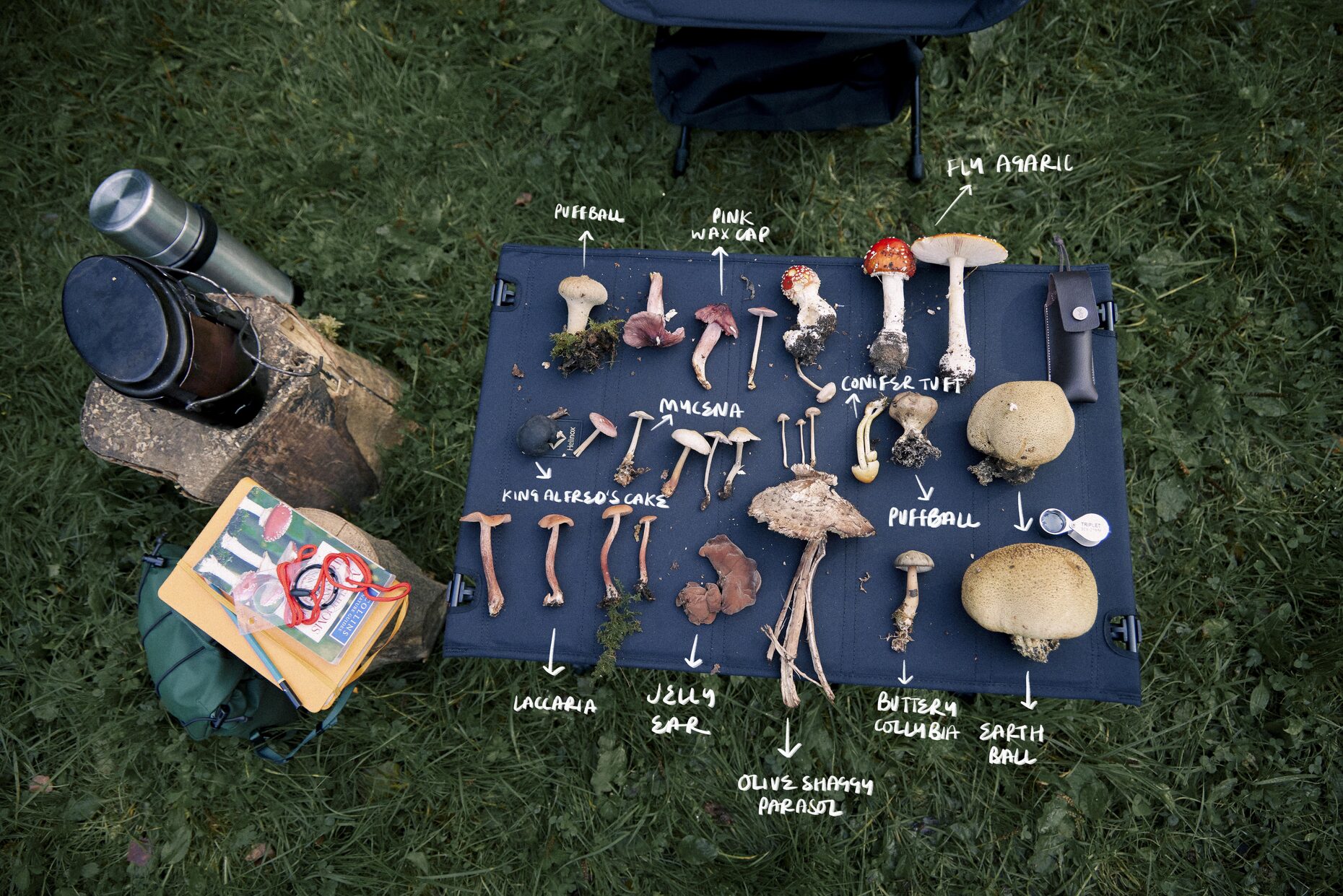
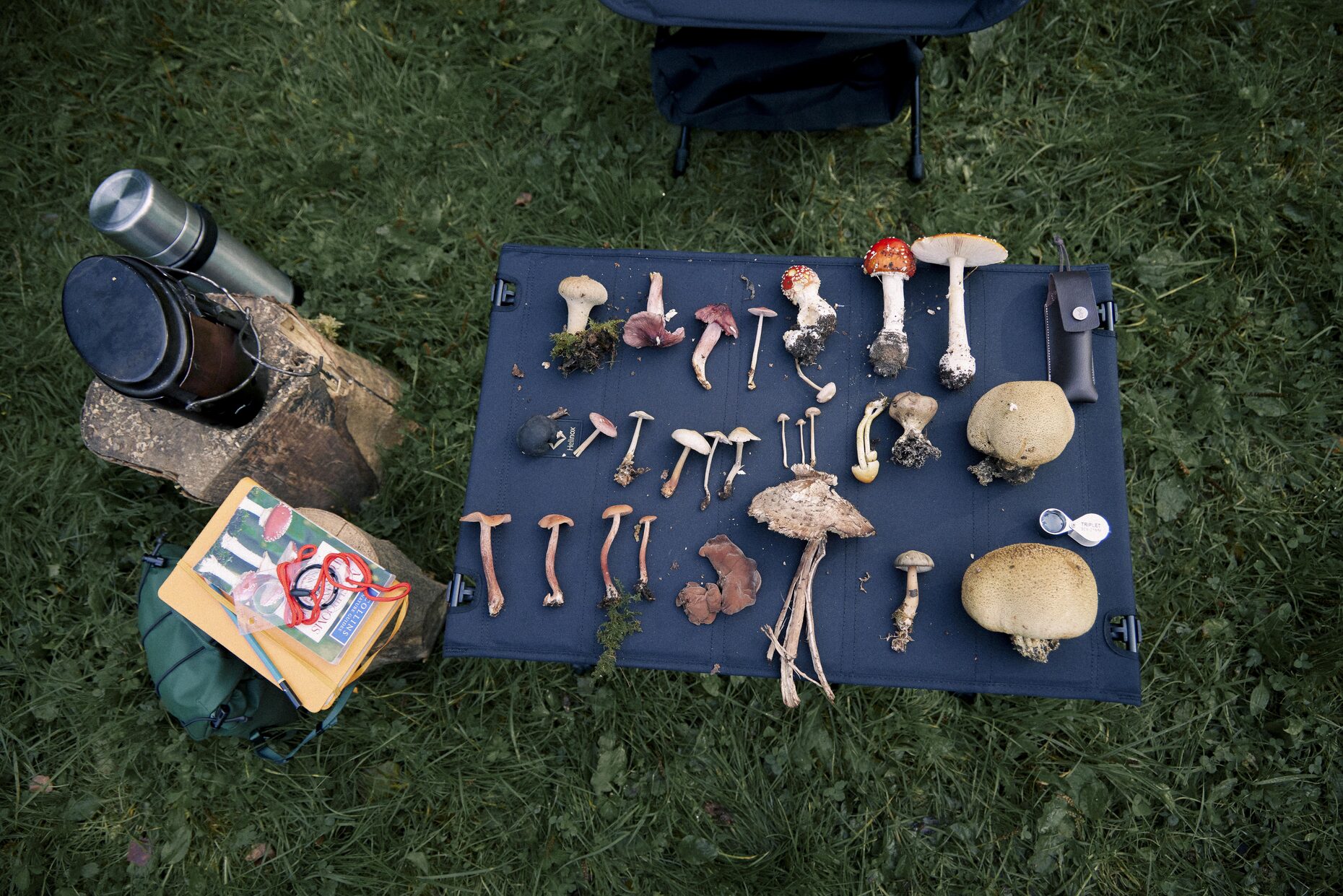
Everything we identified can be seen by hovering or tapping the image above.
